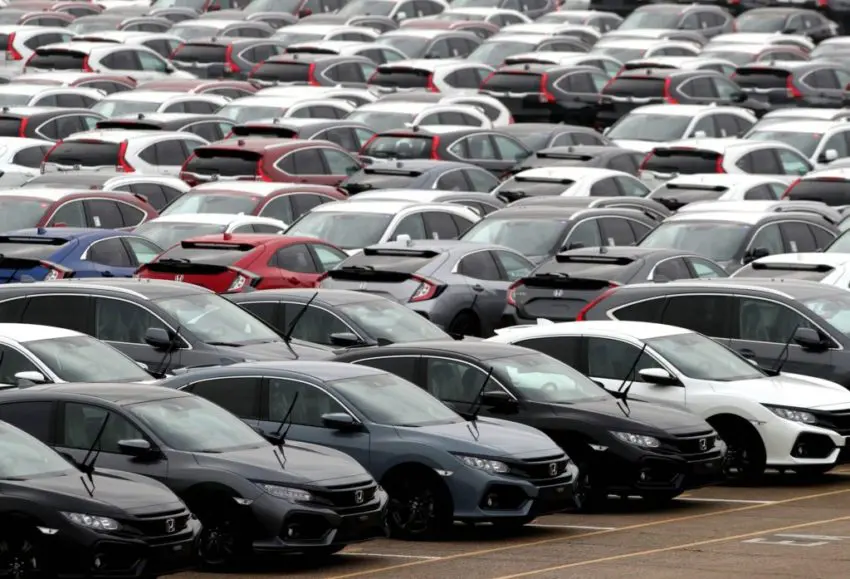Getting credit as a consumer is almost like having a test to pass in school; being able to show the ability to pay back money is enough to make anyone stress.
Why does a poor credit rating affect car finance?
However, reliability and trust are such vital factors for the lenders themselves – without either, lending wouldn’t exist on the level it does.
So, if somebody has a bad credit score, just how much of an issue is that?
Well, bad credit comes in different shapes and sizes, but typically, a bad credit rating will result in higher interest rates than other types of finance – sometimes much higher. In addition, the rate of success in being accepted for finance at all dramatically drops.
In the automotive sector, however, dealerships these days will tend to work with lenders who can offer specialist finance for those who suffer from bad credit, making it much easier to get accepted.
The signs of bad credit
With dozens of different credit checkers available, finding out what credit category you fall into can quickly become confusing. By looking at the most common causes of a poor credit profile, it’s easy to understand where the negative impact on your score originates:
- A Default – This is recorded on your credit file when you’ve failed to meet any repayment obligations; this is normally recorded once multiple payments have been missed or an extended period has passed since the payment was due.
- Missed Payments – Whenever a payment is missed, it’s reported on the credit file. Future lenders can then see this and may increase interest accordingly.
- Moving Home Regularly – An address helps companies identify the client, and if previous addresses are not added to the credit report it can cause confusion.
- Pay Day Loans – If repaid when agreed, a payday loan will not have a negative impact but taking them out often will.
- Never Had Credit – If someone has never had credit before, there is no way of verifying they are trustworthy or reliable.
How to improve a credit rating
Luckily, a credit score is positively impacted by:
- Registering to vote (electoral roll) – This proves where you live; this can still be done in shared accommodation or if you are living with your parents.
- Building a positive credit history – By building up a portfolio of paying off other finances, including your credit card and phone bill, it can show lenders you have taken steps to become more reliable.
- Keep credit utilisation low – For example, if you could borrow up to £2,000, but you have used £1,000, so only utilising 50% of the available credit. This is usually seen positively by companies.
- Increase your deposit – Putting more money down initially will help the lender’s confidence in your repayments.
How can you get car finance with bad credit?
If you have a no credit score or a poor history, it can be hard to find outlets that will facilitate this due to the increased risk. However, more lenders that dealerships work with are able to accommodate Hire Purchase (HP) and Personal Contract Purchase (PCP) packages for those with bad credit.
For those who believe they might fall into this camp can learn more about getting car finance in such a situation with this comprehensive guide to bad credit car finance.
Should you get a new or used car with bad credit?
Typically, the amount that lenders will be able to offer is lower for people with poor credit. This means it’s often better to look at the used market, as cars there will tend to be priced more suitably.
However, if you’re willing to be patient so you can get the car you’ve set your heart on, it can be very useful to spend some time focusing on some of those aspects previously discussed to build up your credit rating. This way, acceptance rates will only get higher and interest rates will only get lower.


